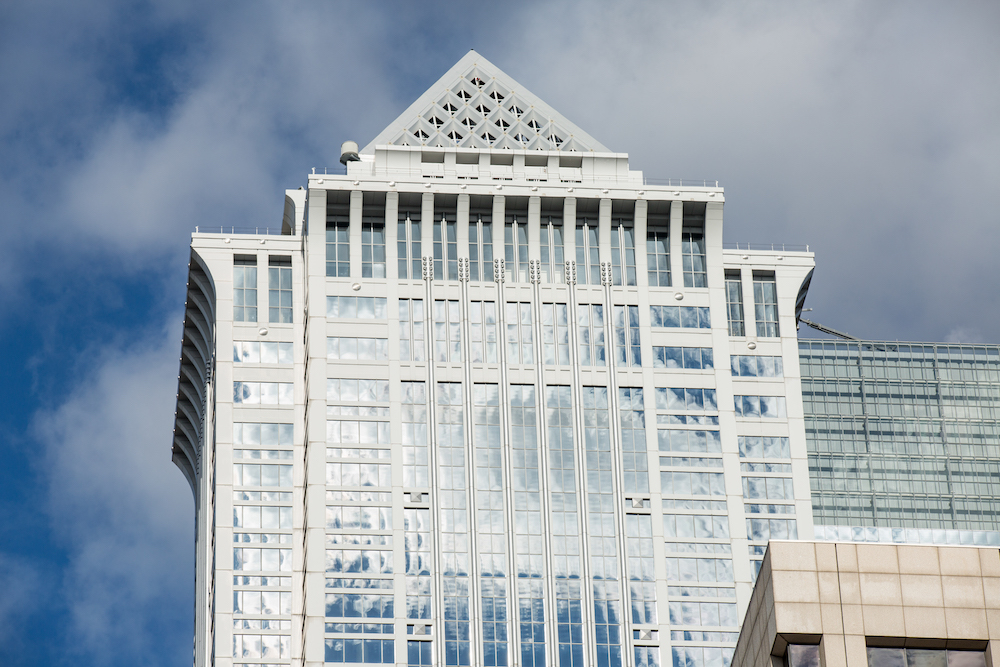By Jacob Adelman | The Philadelphia Inquirer
Center City’s West Market Street business district has easily absorbed the one million-plus square feet of new corporate space comprising Comcast Corp.'s new tech tower, easing concerns that large blocks of vacancy would result from the company’s relocation of employees from surrounding buildings.
Over the 5½ years that the 60-story Comcast Technology Center tower has been in planning and under construction, vacancy rates in the central Philadelphia enclave between Broad Street and the Schuylkill have held steady, while rents have crept up to record highs, according to data from global brokerage Cushman & Wakefield PLC.
As the property at 18th and Arch Streets now becomes fully operational with the opening Monday of the Four Seasons Hotel on its top 12 floors, it may have set the stage for even more activity in the surrounding area, where insurer Chubb Ltd. is also now said to be considering having a new headquarters built.
“Comcast growing in Philadelphia and in that neighborhood is accretive to the neighborhood and accretive to all of Philadelphia,” said Jeremy Moss, executive vice president of Silverstein Properties in New York, which paid a record price this year for the 1735 Market St. office tower about a block away. “It’s a really positive sign.”
After the tech tower, with 1.3 million square feet of new workspace, was announced in 2014, some market watchers worried that the entertainment-and-technology giant would dramatically pare its existing presence in surrounding buildings, leading to a glut of empty office space.
Those fears were eased in late 2017, when the company said that it planned to keep — and enlarge — its big footprint at the Three Logan Square office building at 1717 Arch St., which is owned by Brandywine Realty Trust, Philadelphia’s dominant commercial landlord.
Under those plans, Comcast will continue to occupy nearly a third of the roughly one million-square-foot Three Logan high-rise through at least 2023.
And although Comcast did vacate half of the 200,000 square feet it had occupied at the Two Logan Square building across 18th Street, also owned by Brandywine, that space was quickly snapped up by Wells Fargo & Co., mostly to accommodate staff moving from the bank’s longtime Philadelphia home on South Broad Street.
If anything, the tech tower has made its corner of Center City a more inviting place for companies to set up shop by displacing what had long been a streetscape-deadening parking lot, and encouraging the arrival of new retail operators to serve the surge of new employees in the area, brokers, analysts, and landlords said.
The company’s technology center tower and Comcast Center headquarters building “have really solidified the 18th Street corridor connection between the [Benjamin Franklin] Parkway and Market Street,” said Jerry Sweeney, Brandywine’s president and chief executive. “They have also added a wonderful level of vibrancy to a previously somewhat disconnected [John F. Kennedy Boulevard] corridor.”
Larry Steinberg, a senior managing director with commercial real estate firm Colliers International, specializing in Philadelphia retail, said tenants such as Taiwanese street food restaurant Baology and City Fitness have flocked to the Sterling Apartment Homes residential building at 18th and Market Streets and other nearby sites.
Meanwhile, he said, a new wave of popular Indian restaurants, including Amma's South Indian Cuisine at 1518 Chestnut St. and Thanal Indian Tavern at 1939 Arch St., have sprung up to serve tech tower workers recruited from the South Asian country’s highly rated technology and engineering programs.
New retail businesses are “filling a need that, from a density perspective, wasn’t there before,” said Cassandra Dominguez, Cushman & Wakefield’s director of Philadelphia research. “It’s an additional 4,000 jobs in that area housed in that tower."
Office rents in Center City west of Broad Street reached a record $31.88 a square foot during the three months ended June 30, up 17% from the same period in 2014, shortly after the tech tower was announced, according to Cushman & Wakefield data.
Vacancy rates, meanwhile, edged down to 9.4% from 11.7% between the two three-month periods, according to the data. That’s despite a net increase in west of Broad Street office inventory from the tech tower and the new Aramark headquarters at 2400 Market St. Amid the steadily increasing rents, Silverstein, which also owns four of the new towers at the redeveloped World Trade Center site in New York City, joined the Arden Group of Philadelphia earlier this year to pay $451.6 million for the 1735 Market St. tower known as BNY Mellon Center, a record price for a Center City office property.
Other nearby buildings are benefiting from demand for office space from firms seeking proximity to Comcast’s tech operations, said Sid Smith, an executive managing director with real estate services firm Newmark Knight Frank in Philadelphia.
These include Slalom Consulting LLC of Seattle, which leases space at Two Logan; Paris-based Technicolor SA, which has offices in the nearby One Logan Square tower; and the Judge Group, a tech-focused staffing firm headquartered in Wayne, which has a presence at 1818 Market St.
Comcast’s willingness to shell out for the new $1.5 billion tech tower shortly after moving into its brand-new Comcast Center headquarters building across the 18th and Arch Streets intersection also signals a willingness by businesses to spend lavishly for custom-designed spaces for themselves as sole occupants, something Center City hasn’t seen in decades, Smith said.
Additional construction for the company could be on its way: Comcast and Liberty Property Trust, which developed the technology and headquarters towers, together own nearby property for possible further development.
But more immediate may be a new headquarters building in the area for insurer Chubb, which developer Parkway Corp. is thought to have in mind for the 15-story building it wants to build at 20th and Arch Streets.
“People are looking for a certain product type and a certain location, and they’re willing to pay for it,” Smith said. “Comcast confirms that trend.”


